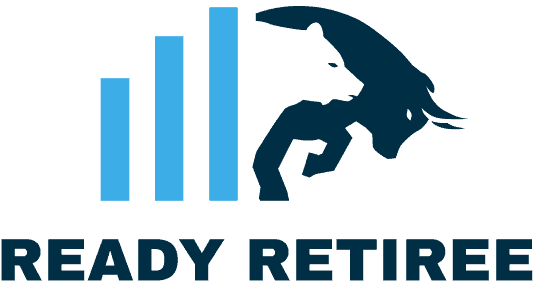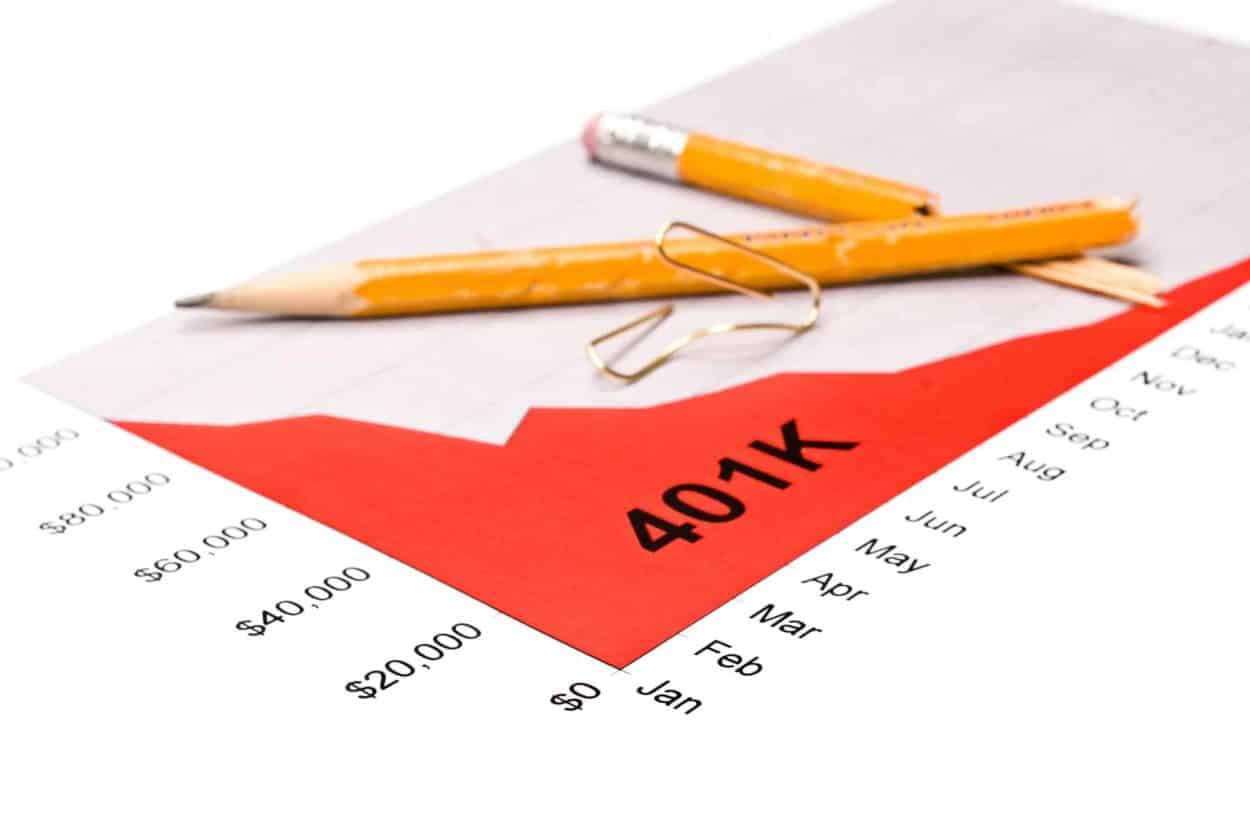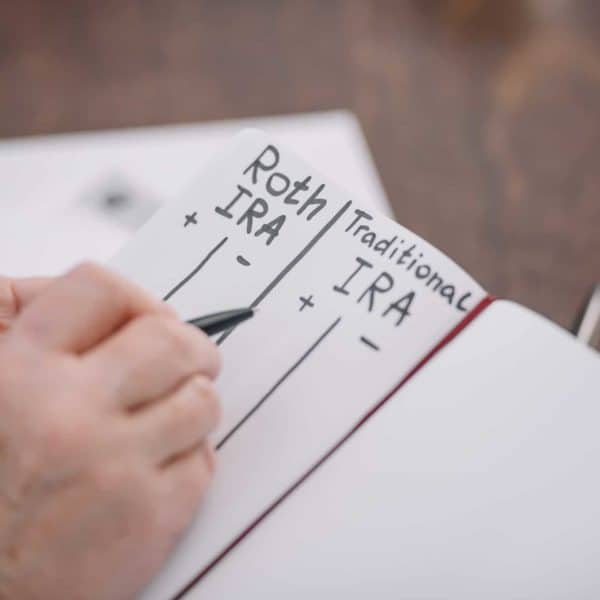If your employer offers a 401k and the plan includes a match, you will want to at least contribute enough to gain full value from the match. That match is a raise that you can take or leave. Take it.
Definitions
A 401k is known as a defined contribution plan. These dollars are taken out of your current income before your taxable income is calculated, also known as a pre-tax contribution. When you invest in a pre-tax plan, it’s referred to as Tax Advantaged.
What’s a Tax Advantaged Plan? The assumption is that you will have more money coming in during your working years than you will during your retirement years. Pulling the money out before your income tax rate is calculated does mean that you’ll have to pay income taxes on it when you take the money out, but because your income will probably be lower, you’re likely to pay less in income taxes overall by putting money in your 401k during your working years and taking it out during your retirement years.
The plan is named after the section of the IRS code that defines how the plan works. When you’re making your decisions about your investments, be sure to check on your risk tolerance.
What is Risk Tolerance? Risk tolerance refers to your financial heartburn level over the possibility of losing money. There are many investment vehicles out there that can help your money make a lot of money, but many of these are quite volatile. Volatile investments can also lose a lot of value quickly.
If you’re not familiar with stocks and bonds, consider the following formula:
Put your investment dollars into index funds. An index fund is a fund that reflects the value of a stock index, such as the Dow Jones. There are indexes based around fuels, technologies, and other industries. While index funds grow slowly, they do tend to show growth over time.
Put your employer match into more volatile funds; that’s your gambling money. Look at the history of these funds and consider the peaks and valleys. Understand that they’ll probably grow, but they will show bigger peaks and valleys.
Why Do I Need a 401k?
You need a 401k for two fundamental reasons:
1) The current payout on your savings at the bank is terrible. If you have money in a savings account right now and are hoping to buy groceries with it in a year, the price of groceries will have gone up by three percent while your savings account will have gained less than one percent.
2) The match is a raise that you can’t afford to turn down. If your boss tried to pay you $100 for your current work and then slip you a $20 to use in retirement, wouldn’t you take the $20? Of course!
Why Can’t I Pick My Own Stocks?
Honestly, because it takes a lifetime of study. If you already have a job and a field of study you enjoy, picking stocks will become your new job and you will probably still make mistakes. If you want to play with stocks, consider setting up a private brokerage account and use post-tax dollars. You’ll have more flexibility and likely pay lower fees.
Can I Make an Early Withdrawal?
In the event of hardship, you can pull money out early, or before you turn 59 and 1/2 years old. However, you will have to pay income taxes on the dollars. If at all possible, consider a loan against the funds instead of a withdrawal. If your job is shaky, don’t borrow as you will be required to pay it back in a lump sum or face a foreclosure on that loan.
Can I Transfer My 401k To My New Job?
Technically, yes. You will need to set up your new retirement account at your new job and get the funds moved from your old fund to your new fund. However, there are fees associated with this and your new employer may not be willing to pay these. Find this out before you take the new job. If they won’t, you can still roll your old 401k into a traditional IRA, but you will need to find a traditional IRA with funds that don’t trigger your financial heartburn setting.
Be very careful with this rollover process. You must have the receiving account set up and ready to accept the funds from the previous 401k. If you get a check from the old 401k addressed to you and put it in the bank until you have your new retirement account set up, you will face
- a 10% penalty on the dollar amount withdrawn, and
- income taxes on the money
An incorrect rollover can put you in a really rough financial pinch. Talk to your previous 401k administrator about the safest way to do this and the timeline for when you have to put these dollars into a new account. Any bank or brokerage that can set up a traditional IRA should be able to set up your rollover IRA.
A 401k is a good deal. It’s the replacement for the pension system, which has gone the way of the dinosaur. Be aware that a 401k may not replace your current income, so do your best to wipe out any and all debts you have that are critical to your safety and comfort, such as housing and transportation, before you leave the world of work






